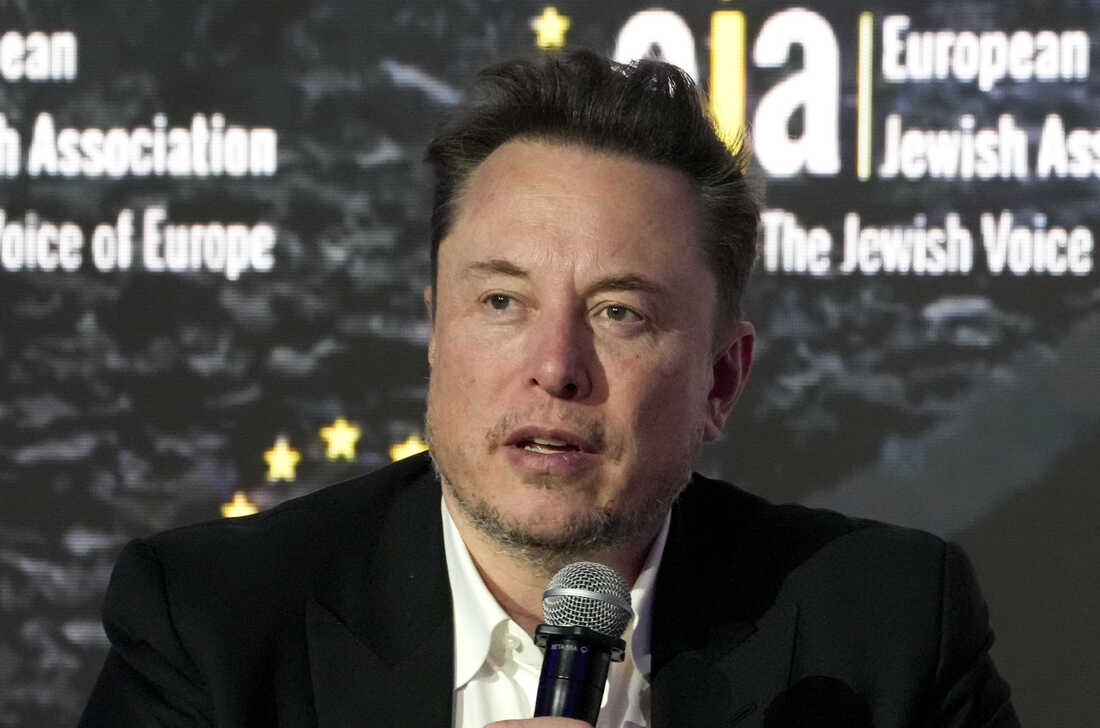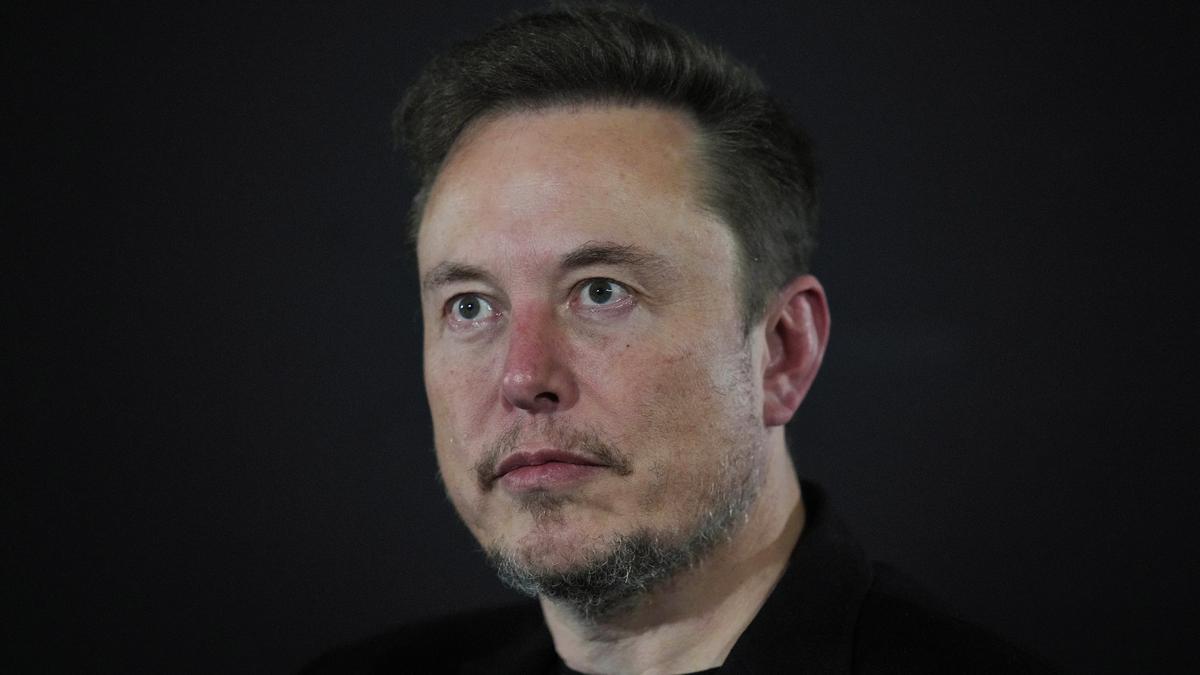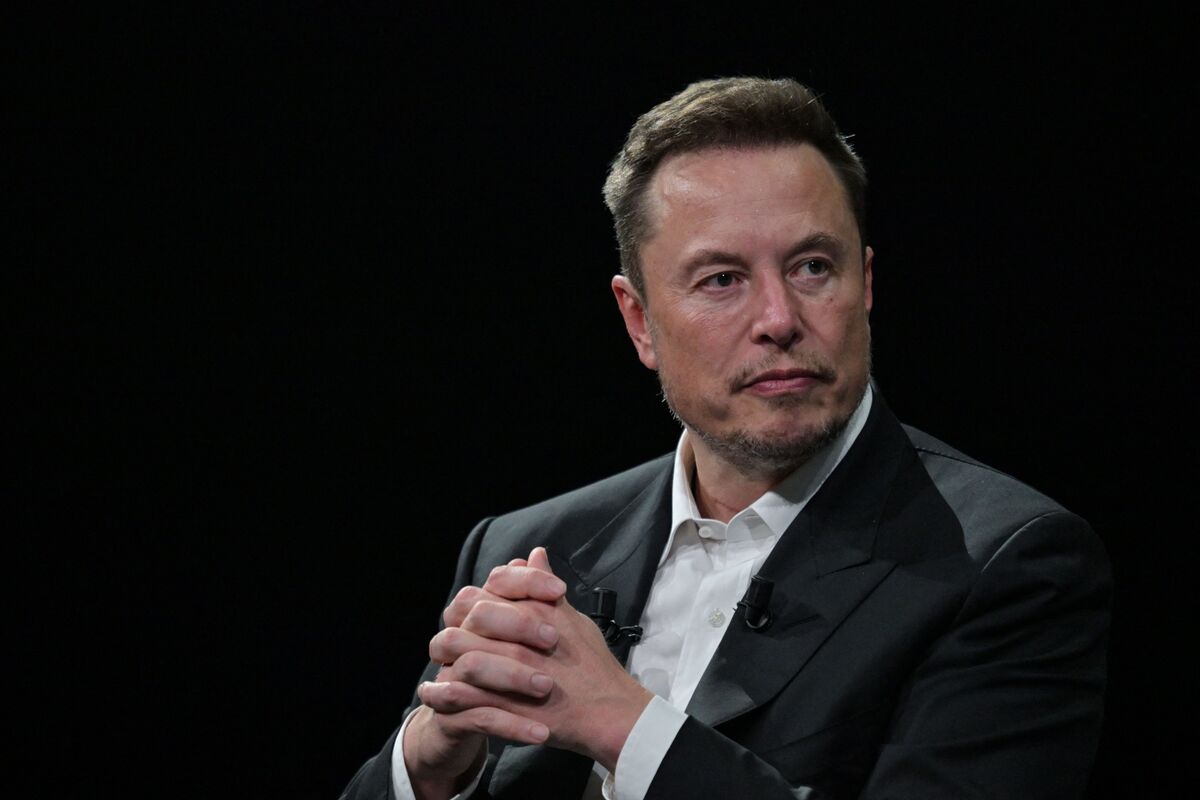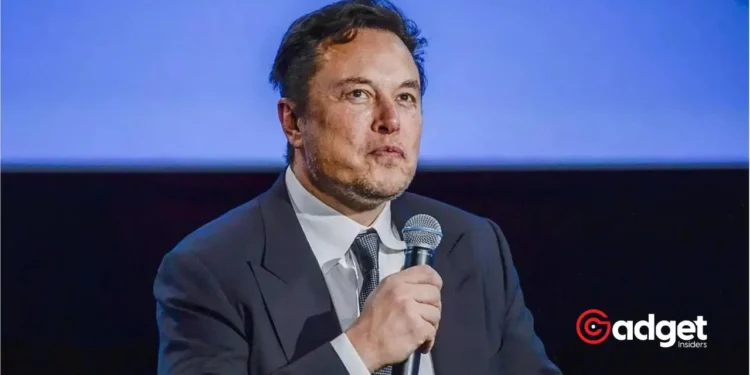In a ruling that reverberated through the corridors of digital platforms and free speech advocacy groups, a federal judge dismissed a lawsuit filed by Elon Musk against the Center for Countering Digital Hate (CCDH). This decision not only underscores the robust protections afforded by the First Amendment but also sets a precedent for the delicate balance between platform governance and free speech.
Elon Musk vs. Free Speech Advocacy: A Closer Look
Elon Musk, the billionaire owner of X (formerly Twitter), found himself at odds with CCDH after the group published findings of increased hate speech on the platform. Elon Musk’s lawsuit was met with skepticism from the start, as U.S. District Judge Charles Breyer highlighted the case’s essence:

“This case is about punishing the Defendants for their speech.”
The judge’s decision firmly places the spotlight on the importance of free expression, even when it challenges powerful figures and platforms.
The CCDH’s reports, detailing unchecked racist, homophobic, neo-Nazi, antisemitic, or conspiracy content, became the lawsuit’s focal point. However, Judge Breyer’s ruling clarified that the concern was less about data collection methods and more about the content of CCDH’s speech.
This distinction is crucial in an era where the boundaries of acceptable discourse on social media are constantly contested.

The Implications of Elon Musk’s Legal Battles
Elon Musk’s legal entanglements extend beyond the CCDH lawsuit. His actions, particularly against groups like Media Matters for America, reveal a pattern of attempting to suppress critical coverage through the courts. Despite proclaiming himself a free speech absolutist, Elon Musk’s tolerance seems to wane when faced with criticism.
So sad. Not.
Judge dismisses Elon Musk's suit against hate speech researchers https://t.co/RuTXshtU2J
— Conceal Carry Vagina (@CCVagina) March 25, 2024
This inconsistency is mirrored in Elon Musk’s management of X, where he reinstated previously banned individuals while simultaneously laying off a significant portion of the platform’s workforce. The changes to the verification system and the introduction of a premium service further illustrate the evolving nature of platform governance under Elon Musk’s stewardship.
The Aftermath: Legal Fees and Future Research
As a result of the dismissal under California’s anti-SLAPP laws, Elon Musk is now responsible for covering CCDH’s legal expenses. This outcome not only signifies a victory for CCDH but also serves as a deterrent against frivolous lawsuits designed to stifle free speech.
Ben Weich, a spokesperson for CCDH, indicated that the specific amount of the legal fees would be determined in court, marking the next phase in this legal saga.

Imran Ahmed, founder and CEO of CCDH, hopes the ruling encourages researchers to persist in their efforts to hold social media platforms accountable. This case may indeed embolden those working tirelessly to illuminate the dark corners of online discourse, promoting a healthier digital environment for all.
A Turning Point for Digital Platforms and Free Speech
The dismissal of Elon Musk’s lawsuit against CCDH is more than a legal defeat for the billionaire; it’s a reaffirmation of the fundamental principles of free speech. As social media continues to evolve, the ruling serves as a reminder of the importance of protecting open discourse against attempts to silence criticism.
Whether this decision will influence the future actions of digital platform owners remains to be seen, but for now, it stands as a landmark victory for free expression in the digital age.










